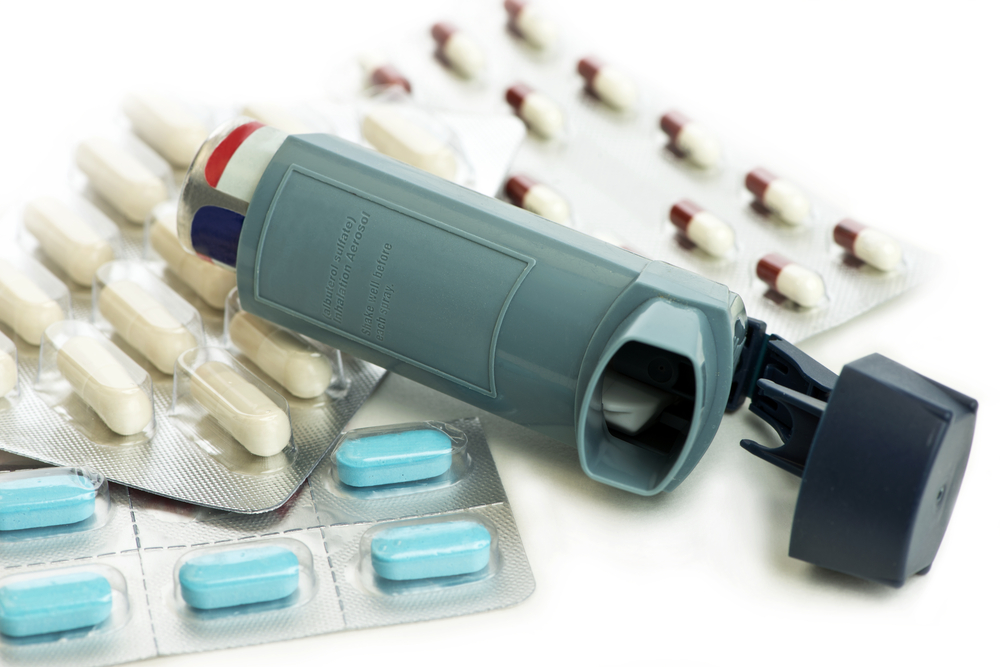Results from a recent study published in The Lancet Respiratory Medicine showed that Tralokinumab did not significantly reduce the rates of asthma exacerbation in patients with severe uncontrolled asthma. However, the results revealed that tralokinumab given every 2 weeks was able to improve patients’ forced expiratory volume in 1 second.
Interleukin 13 is a central mediator of asthma. Tralokinumab is a human interleukin-13 neutralizing monoclonal antibody.
With the aim of assessing the safety and efficacy of two dosing regimens of tralokinumab in patients with severe uncontrolled asthma, in the study titled “Efficacy and safety of tralokinumab in patients with severe uncontrolled asthma: a randomized, double-blind, placebo-controlled, phase 2b trial,” a team of researchers led by Christopher E. Brightling, MD from the University of Leicester in the United Kingdom conducted a double blind, randomized, placebo controlled, parallel-group, multi center phase 2b clinical trial across 98 research sites in Europe, Asia, North America and South America.
The primary study endpoint was the annual asthma exacerbation rate at week 52 in the intention-to-treat population. Secondary endpoints included prebronchodilator forced expiratory volume in 1 s (FEV1), Asthma Control Questionnaire-6 (ACQ-6), and Asthma Quality of Life Questionnaire–Standardised Version (AQLQ[S]).
A total of 452 patients with severe uncontrolled asthma were included in the analysis. Patients were randomized to receive a dose of 300 mg of tralokinumab every 2 weeks for a treatment period of 50 weeks (n = 150), to receive the same dose every 2 weeks for a treatment period of 12 weeks, and then every 4 weeks until week 48 (n = 151) or received a placebo (n = 151) for a treatment period of 12 months.
About the Tralokinumab Clinical Trial
The results showed that similar unadjusted annual asthma exacerbation rates were found in the group of patients that received tralokinumab every 2 weeks (0.91 per year), every 4 weeks (0.97 per year) and placebo (0.9 per year).
The results also revealed that compared to patients who received the placebo, there was an increase in the prebronchodilator forced expiratory volume in 1 second in the group of patients that received tralokinumab every 2 weeks (change from baseline = 7.3%; P = .003) but not every 4 weeks (1.8%; P = .448).
According to the researchers, the study has some limitations. “The sample size of some prespecified and post-hoc subgroups was insufficient to detect significant differences in efficacy outcomes,” the researchers wrote according to a news release.
In light of these limitations, the researchers see the need for more studies investigating at the efficacy and safety of the drug.
“Phase 3 studies investigating the efficacy and safety of tralokinumab in patients with uncontrolled severe asthma are underway,” the researchers added.

